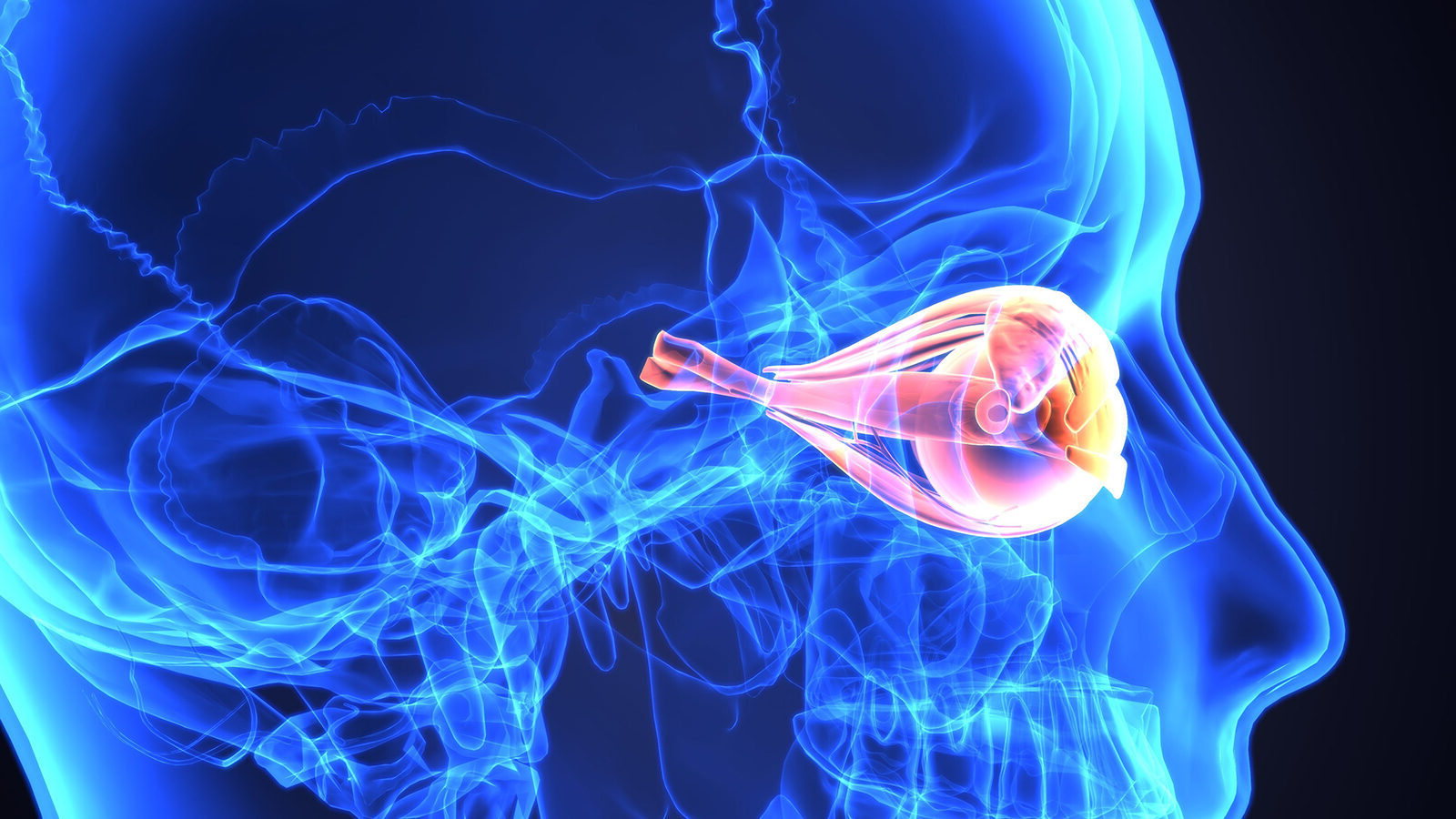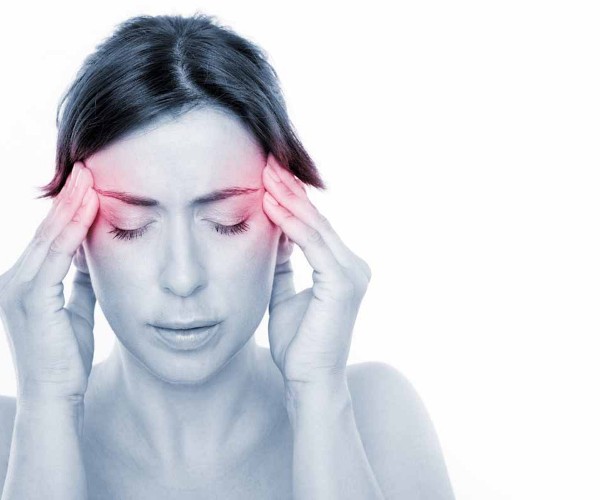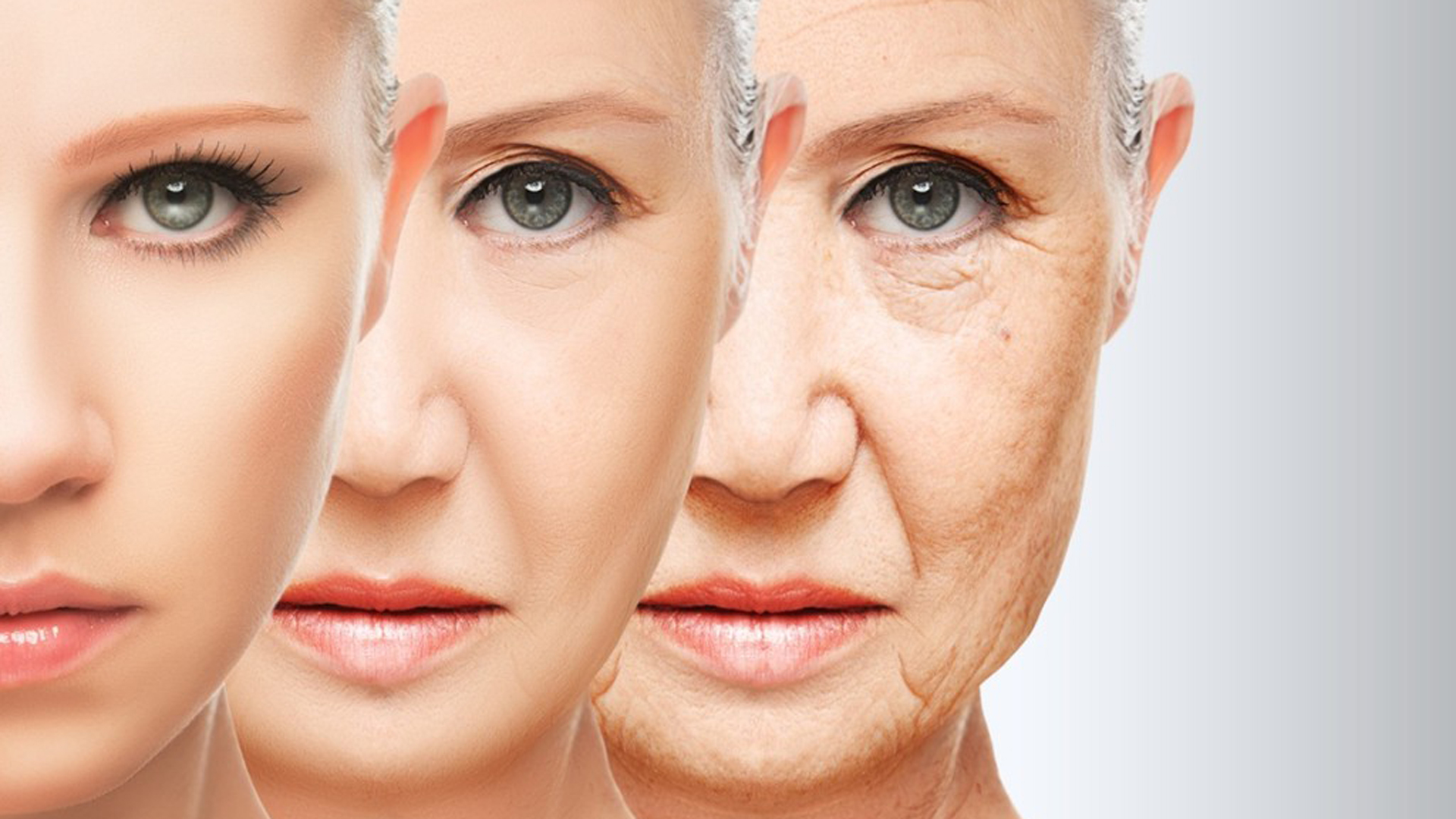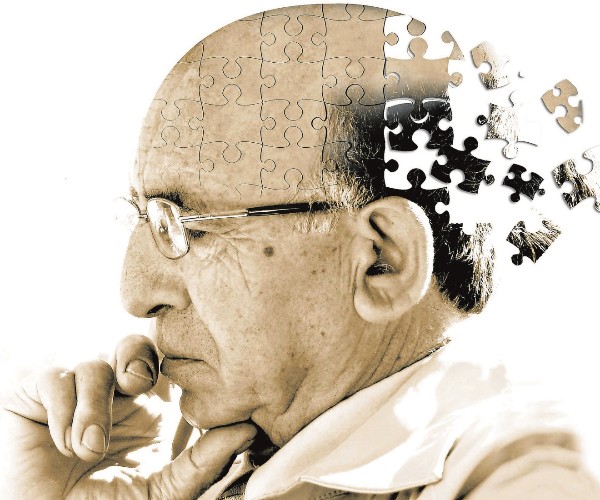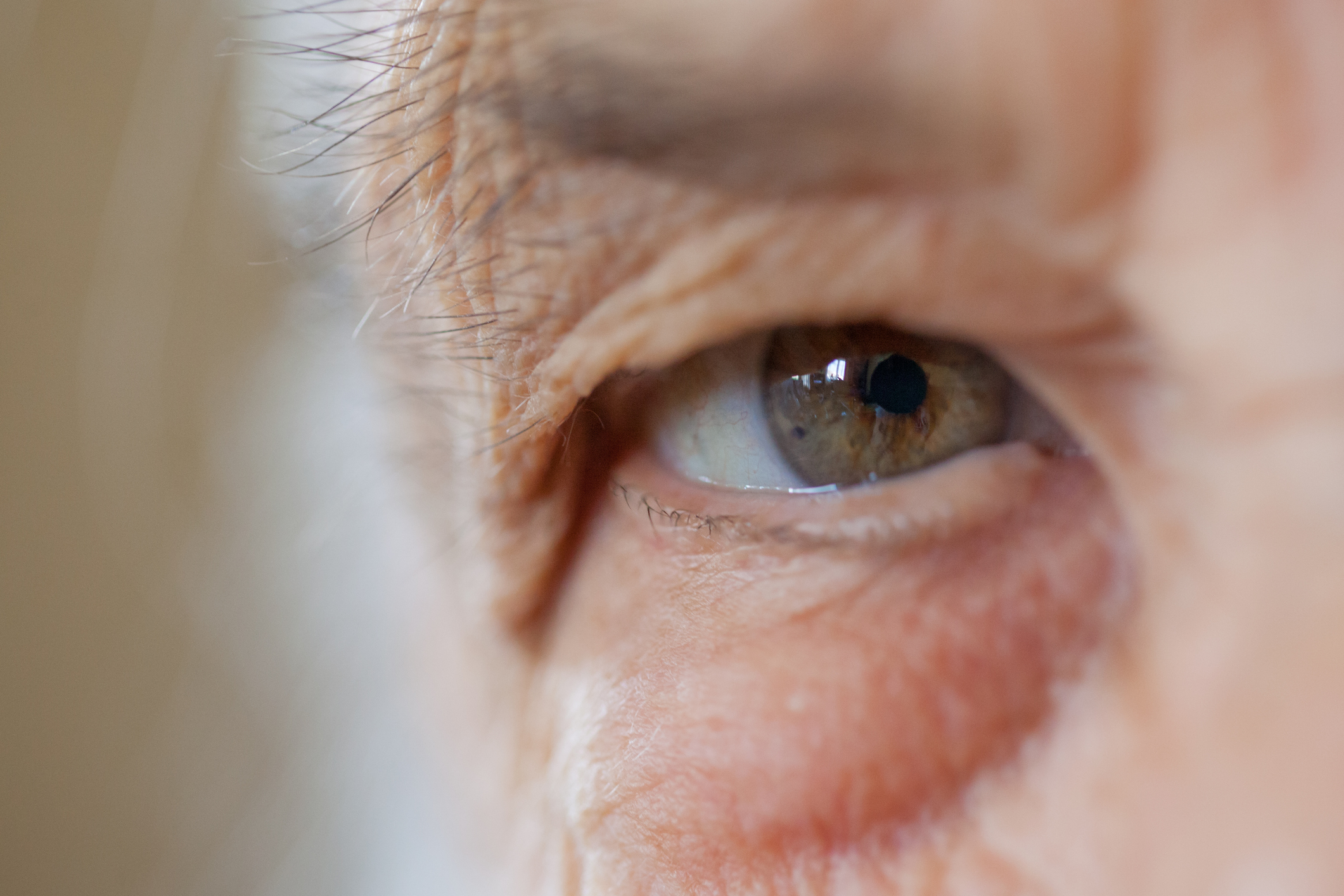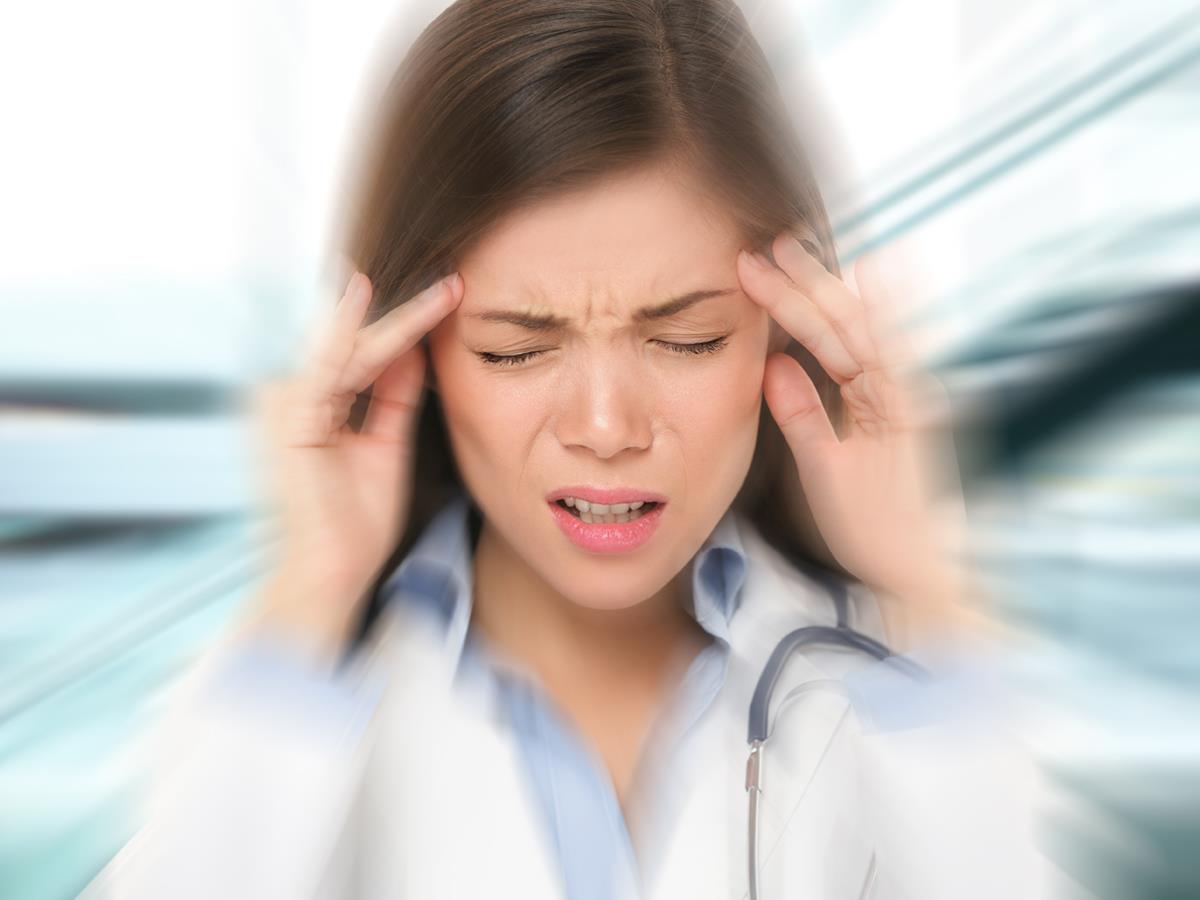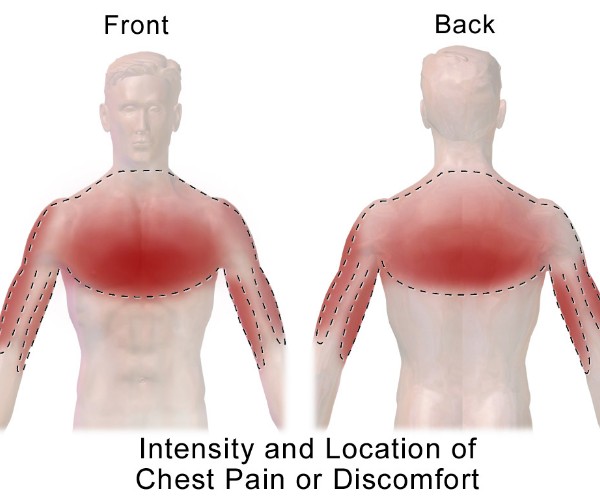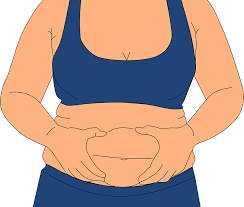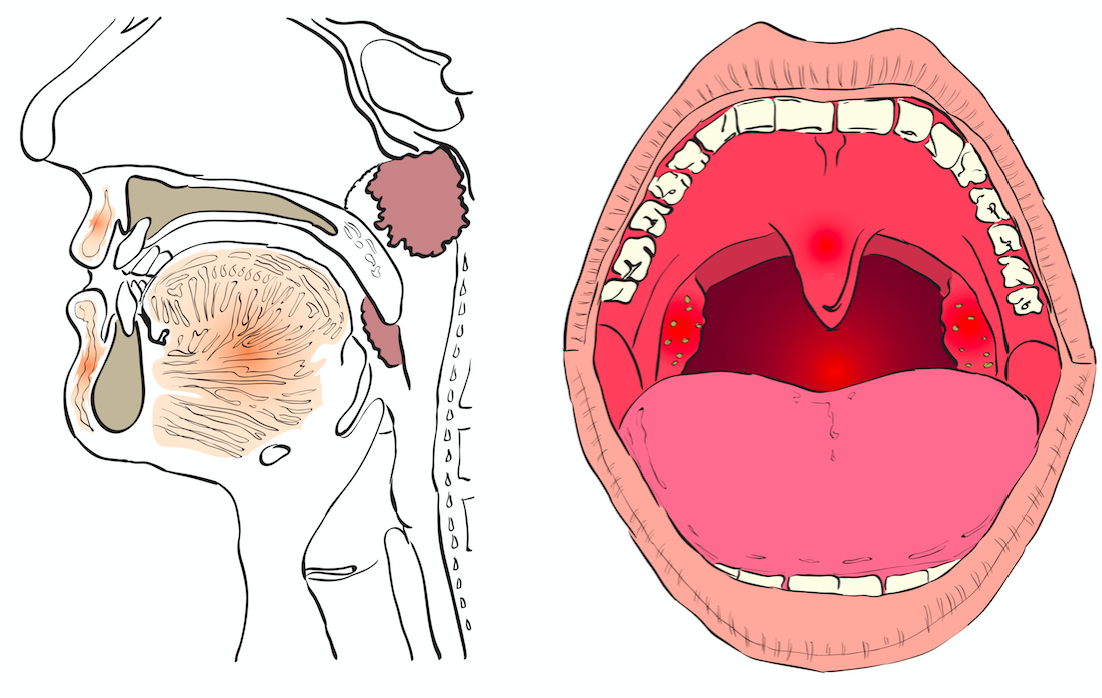Problems of couple infertility and mental disorders such as depression and anxiety are increasingly prevalent globally, among both men and women, and, often, are found in association.
That the former can facilitate the onset of the latter is a clinically proven fact, as well as easily understood in view of the profound psychoemotional implications associated with the difficulty of conceiving a long-desired child.
On the other hand, there is evidence that the reverse process can also occur. That is to say, whether it is the presence of depression or anxiety (in one or both partners) that reduces the likelihood of natural procreation and, perhaps, even the likelihood of seeing medically assisted procreation (MAP) procedures concluded successfully.
But why does it happen? Is it depression as such that negatively affects the overall hormonal balance and, therefore, discourages fertilization and pregnancy, or do antidepressant drugs taken by one of the partners to improve mood also play a role? A recent literature review seems to rule out this second hypothesis, at least due to lack of reliable evidence.
The context of SSRI use
Depression and anxiety are illnesses that can significantly interfere with personal well-being and family, social, and work relationships, leading to a serious decline in quality of life and increasing the risk of developing other diseases, given the associated hormonal, metabolic, and immune changes.
When depressive or anxious symptoms are clinically relevant and persistent, they should be treated with antidepressant medication in addition to psychological support. For more than two decades, the most widely used antidepressants, both against depression and anxiety (as well as for the management of obsessive compulsive disorder, post-traumatic stress disorder, etc.), have belonged to the class of serotonin-recovery inhibitors, abbreviated SSRIs.
The successful employment of the SSRI is related to their efficacy, but also to their general manageability, which allows them to provide appreciable clinical benefit without entailing bothersome or risky side effects (daytime drowsiness, cardiac arrhythmias, weight gain, etc.), such as other antidepressants used in the past and now all but abandoned.
However, some undesirable effects not associated with immediate health harms may go unnoticed for a long time and require targeted studies to detect. The possible impact on fertility falls into this category.
SSRIs and fertility: the review
A review of the literature published in the Harvard Review of Psychiatry appears to exonerate SSRIs from suspicion of interfering with female or male fertility or reducing the likelihood of successful PMA techniques.
Undoubtedly, this is a reassuring conclusion, but it cannot be considered final. In fact, as the authors of the evaluation themselves pointed out, the studies that were able to be included in the review were few in number, with inconsistent outcomes and not always of good quality.
Specifically, of the 16 studies analyzed, 7 were on the impact of the SSRI on the success of PMA techniques: 6 of these did not indicate a significant negative impact of the drugs on the likelihood of undertaking pregnancy; 3 studies showed a modest trend toward lower pregnancy rates among women taking SSRIs, while one study indicated the opposite effect.
The relationship between SSRI use and “natural” female fertility has been evaluated in only two studies, which were also characterized by inconsistent results. In particular, one reported a lower likelihood of conception in women with depressive symptoms, but not in depressed women taking SSRIs.
The relationship between SSRI use and “natural” male fertility has been evaluated in 7 studies, six of which reported that drug treatment was associated with reduced sperm quality. However, the studies included in this group were judged to be of little value because they had several experimental limitations (chief among them, not considering the severity and impact on fertility of participants’ depressive symptoms).
Ultimately, then, as pointed out by Christie Sylvester of the University of Pittsburgh Medical Center (United States) and colleagues who conducted the review:
“At present, there is insufficient evidence to believe that SSRIs may reduce female fertility or affect the outcomes of infertility treatments. SSRIs could have a negative impact on sperm quality, but more research is needed” to understand whether this has actual implications for the likelihood of procreation.
Source
Sylvester C et al. Selective Serotonin Reuptake Inhibitors and Fertility Considerations for Couples Trying to Conceive. Harvard Review of Psychiatry 2019; doi:10.1097/HRP.0000000000000204






